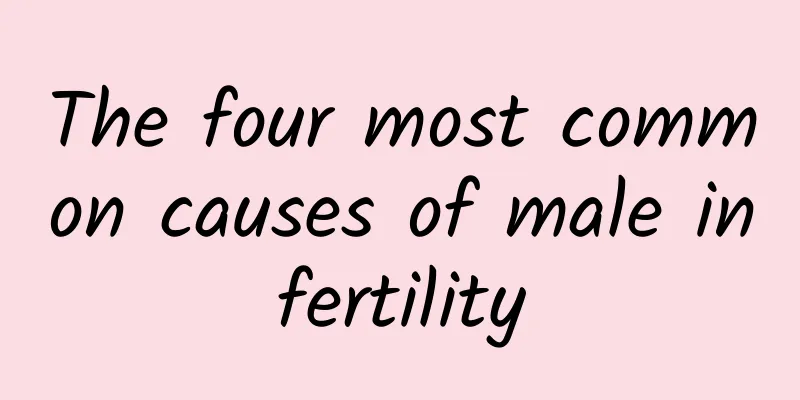Prostate dysuria

|
On average, half of all men suffer from prostate disease. Because this disease is embarrassing and men are generally more concerned about their reputation, many people refuse to receive treatment. Everyone should face up to their own disease and not avoid seeing a doctor, especially for a disease like prostate that cannot be delayed. Many prostate patients experience difficulty urinating. So what should we do if we have difficulty urinating due to prostate disease? The prostate is one of the urogenital organs unique to men, and one of its main functions is to control urination. Therefore, when the prostate suffers from diseases, such as prostatitis and prostatic hyperplasia, it often causes urination difficulties. If it is a relatively mild urination difficulty, manifested as frequent urination, waiting to urinate, weak urination, thin urine stream, etc., you can take tamsulosin sustained-release capsules and prostate capsules orally. For patients with prostatic hyperplasia, you can take Proscar and the like. If it is a more serious urination difficulty caused by prostatic hyperplasia in elderly men, manifested as dribbling urine, or even inability to urinate on their own, and lower abdominal distension, you must go to the urology department for treatment, and a catheter must be inserted to drain urine. If the catheter is unsuccessful, bladder puncture and urine extraction or cystostomy must be performed, and surgical treatment should be selected at an appropriate time. Transurethral prostatectomy can be performed, which is now a minimally invasive surgery. Clinically, prostate diseases often cause dysuria in men, which is mainly manifested by a series of symptoms such as labored urination, thin urine stream, short range, dribbling urine, incomplete urination, etc. There are two main types of dysuria caused by prostate diseases, one is prostate hyperplasia and the other is prostate cancer. Prostatic hyperplasia is caused by excessive sex hormones in the body of elderly men. The enlarged prostate gland compresses the urethra, thereby increasing urination resistance. Prostate cancer is mainly caused by the continuous enlargement of cancerous tissue, which also compresses the male posterior urethra. When the enlargement produces pressure, it will become narrower, and the resistance of bladder urination will increase, so the symptom of difficulty urinating will also appear. Generally speaking, if elderly men have difficulty urinating, further examination is needed to determine the specific cause. It is important to determine whether the difficulty urinating is caused by prostate hyperplasia or prostate cancer, because the treatments for these two diseases are different. |
<<: Scrotal subcutaneous nodules
>>: How to permanently remove facial hair for men
Recommend
What are the symptoms of Candida albicans glansitis?
Sometimes, men do not pay enough attention to the...
What causes urethral pain in men?
For some men, they don't care about the hygie...
How much uric acid does a man need to have to suffer from gout
Uric acid will cause gout when it reaches a certa...
What are the benefits of men sweating frequently?
Some people may find that some men sweat a lot. A...
Is cupping good for men?
Cupping is a traditional Chinese medicine therapy...
What can I eat to grow sperm quickly?
If a couple is ready to have a baby, they should ...
How is smegma formed? Have you noticed it, men?
Many men have a lot of smegma. There are many rea...
How to relieve testicular pain? What is going on?
As one of the important male reproductive organs,...
What are the symptoms of chronic seminal vesiculitis
In modern life, many young men suffer from chroni...
What to do about sinusitis? Chinese medicine is effective in treating it
Sinusitis is actually a type of rhinitis. If you ...
Oily ears may indicate body odor
Oily ears refer to ears that become oily, and som...
What medicine should I take for a cold scrotum?
Scrotal coolness is a common male disease. This i...
Can seminal vesiculitis be treated surgically?
Seminal vesiculitis is a common male disease in d...
What are the better ways to lose weight for men?
What are the better ways for men to lose weight? ...
What to do with penile subcutaneous nodules?
As we all know, the male penis is a very private ...









